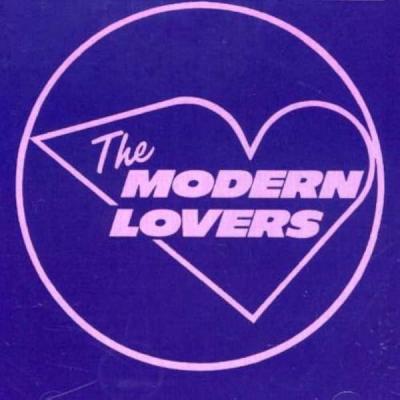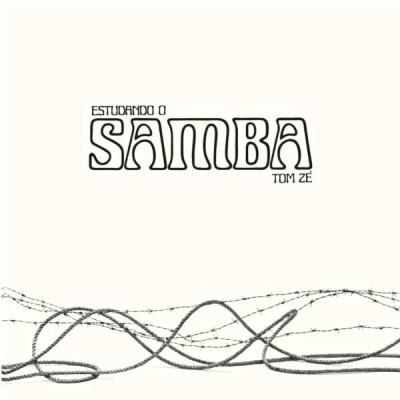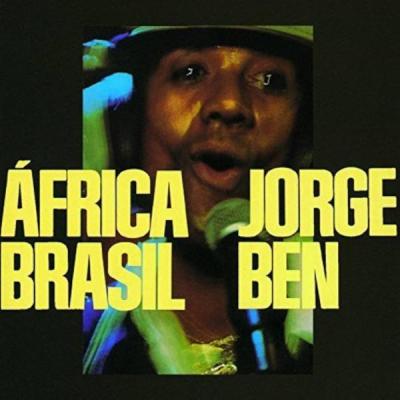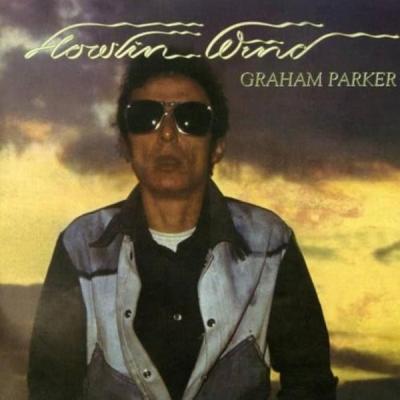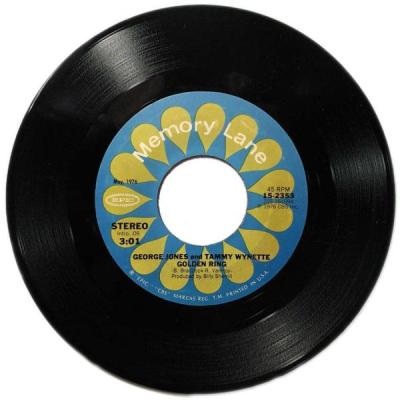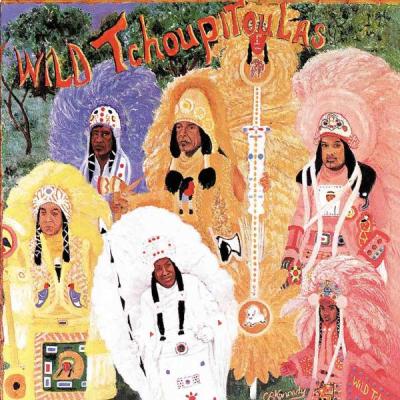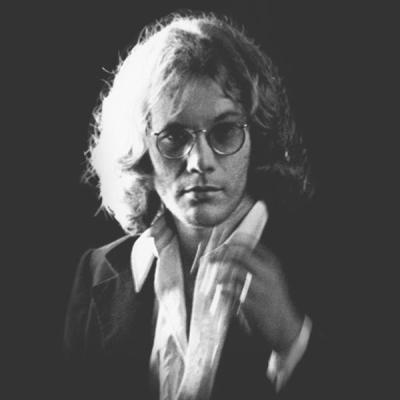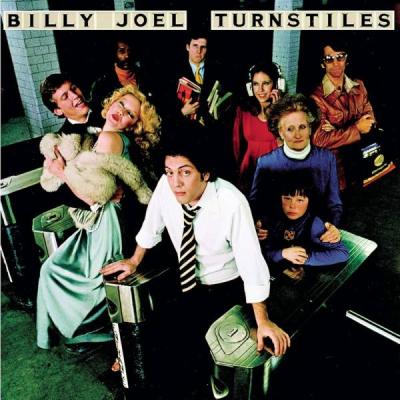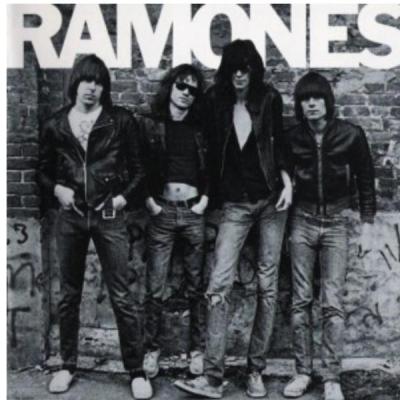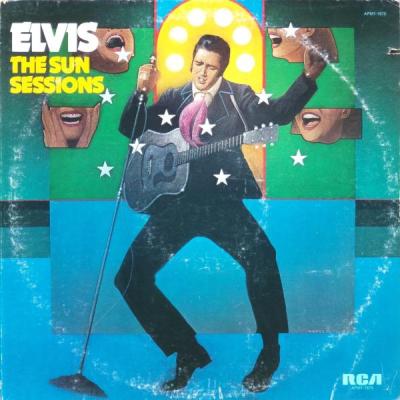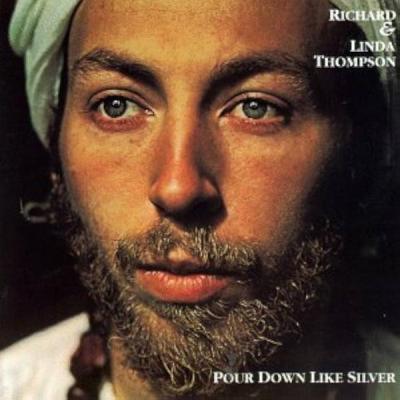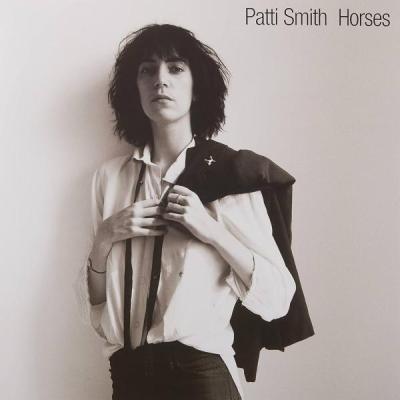

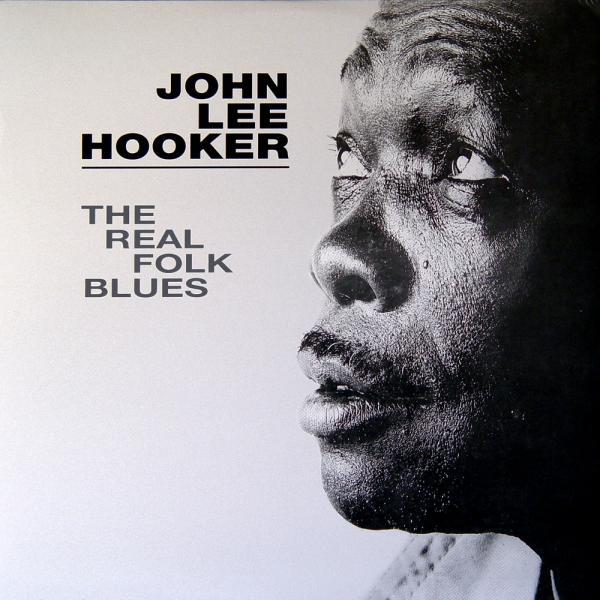
John Lee Hooker: Real Folk Blues
Album #68 - October 1966
Episode date - November 23, 2016
John Lee Hooker is the quintessential example of a blues musician who has no need whatsoever for formal structure. Time signatures melt into irrelevance when Hooker performs solo, and chord changes seem like little more than rude interruptions to Hooker’s groove, so it can be a task for any band to follow his lead. Many a blues musician found themselves hopelessly adrift trying to follow Hooker’s idiosyncratic approach, looking like inept fools for pushing an unwanted chord change, or playing heavy-handed through a truncated phrase. For me, the pleasure of listening to Hooker comes from hearing how he feels his way through the material, allowing his instincts to create the form, rather than succumbing to formula, and some of his best material consists of solo recordings, where no one else breaches his singular approach.
That’s all well and good, but the rebirth of interest in blues artists that came mostly from Great Britain in the mid-sixties meant a sudden influx of teenaged foreigners learning to play in 6/8 time and struggling to master a good shuffle beat. As a culture, I think most would agree that the British are known for their punctuality, tradition and sense of order, so it’s a wonder that something as loose and indefinable as the blues would hold such sway over their youth culture. John Lee Hooker’s blues could have served as a master class for everything that was wrong about the approach of these revisionist players. The blues did not consist of “rave-ups,” it didn’t need insincere vocalists pretending to be something they weren’t, and it most certainly did not need fifteen minute guitar solos. What the blues always needs is heartfelt truth played with feeling as if it emanated straight from the soul, with an honesty that almost borders on innocence.
In 1966, Hooker recorded a session for Chess Records that was as trepidatious as any session he ever held, but the players hold on as if they were on a rollercoaster. The album opener “Let’s Go Out Tonight” is simultaneously powerful and humorously entertaining, made even more so by Hooker’s disregard for form. Trying to convince his lover to come down to the street, he adds and skips beats, pushes some lyrics and hilariously holds back on others while the band unblinkingly rolls on behind him. It is pure, unadulterated blues that could never be copied, or even played the same way twice. “One Bourbon, One Scotch, One Beer” shows Hooker’s interpretive side, taking the Amos Milburn hit and turning it on its side until he owns it, sounding for all the world as if he is singing the song from a barstool.
One of the best features of “Real Folk Blues” is how it shows a multitude of sides of Hooker as an artist. He is an alternately playful and deeply moody, sexual and somber. The album ends with “The Waterfront,” a solo track that showcases the incredible depth of emotion he’s capable of when freed from the responsibility of carrying a band. It’s another side of Hooker that left an indelible print on all who heard it, but you may also note that virtually nobody else attempted to cover a song like this, because it transcends interpretation. Hooker was nothing if not thoroughly unique, and “Real Folk Blues” stands up to its title.
October 1966 – Billboard: Did Not Chart
Related Shows
- 1 of 20
- ››


